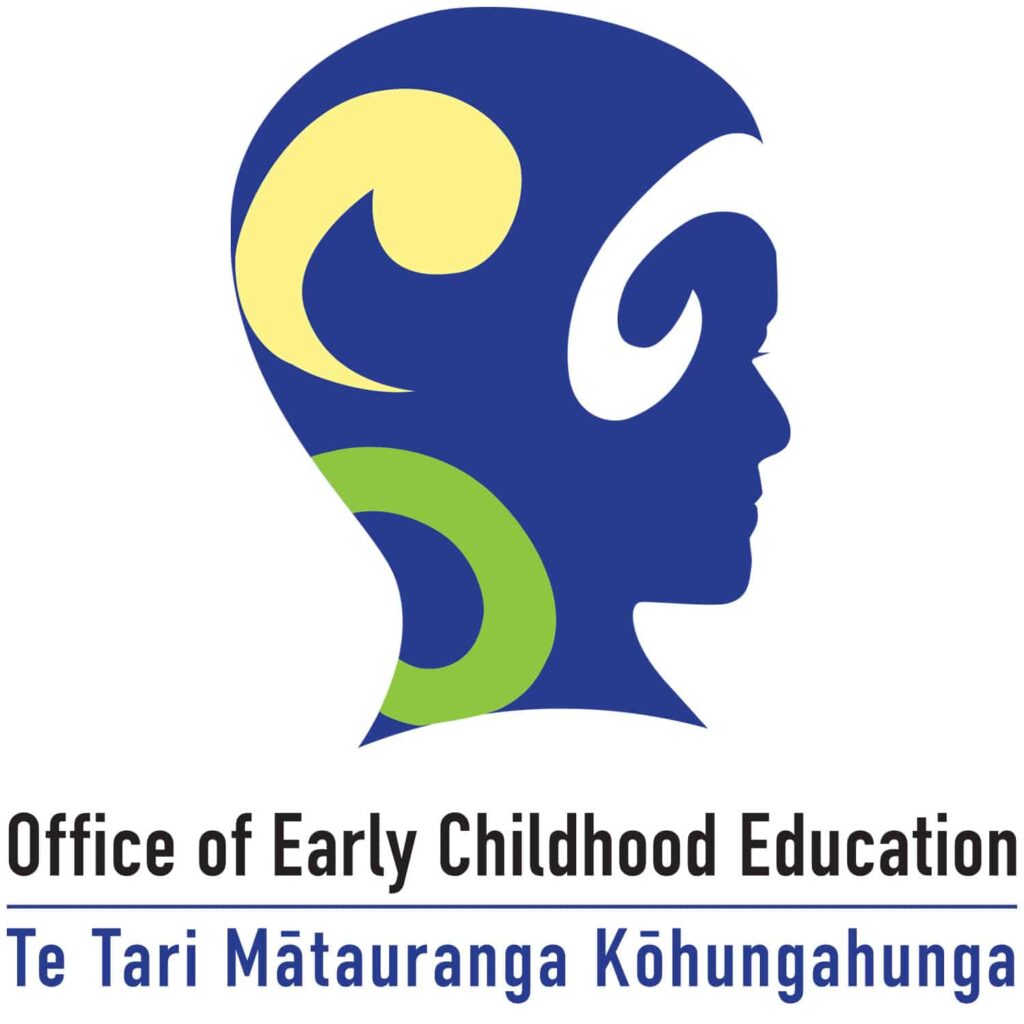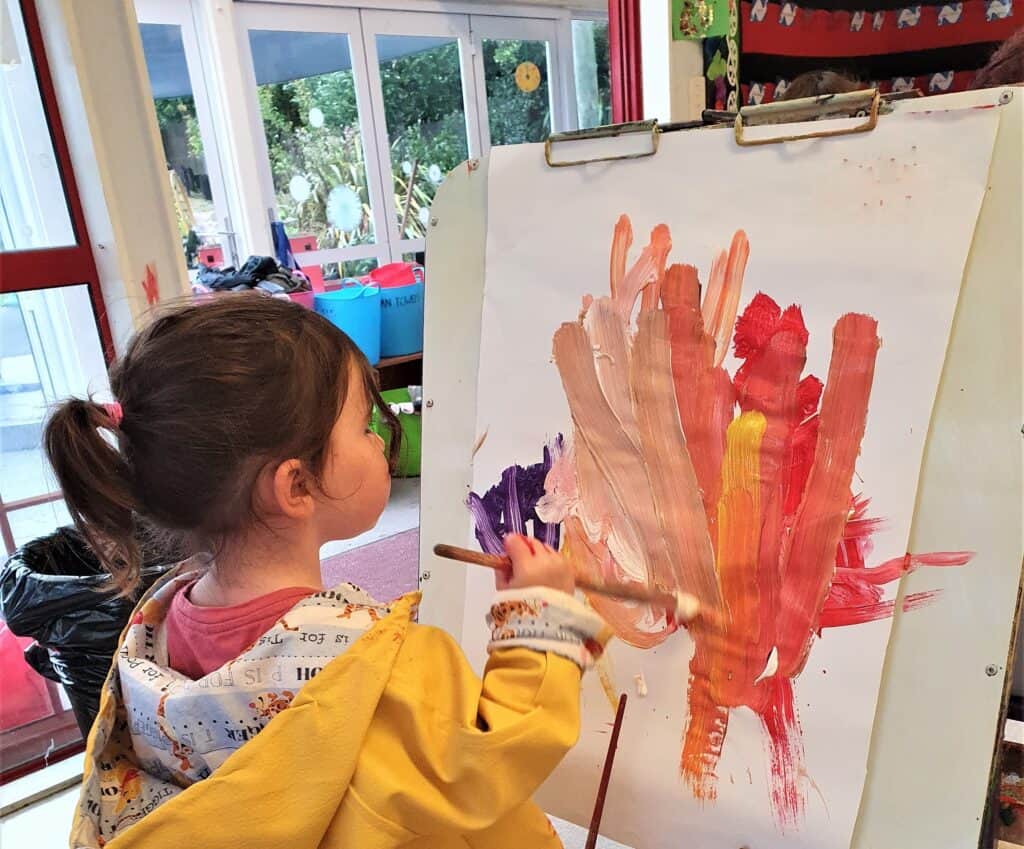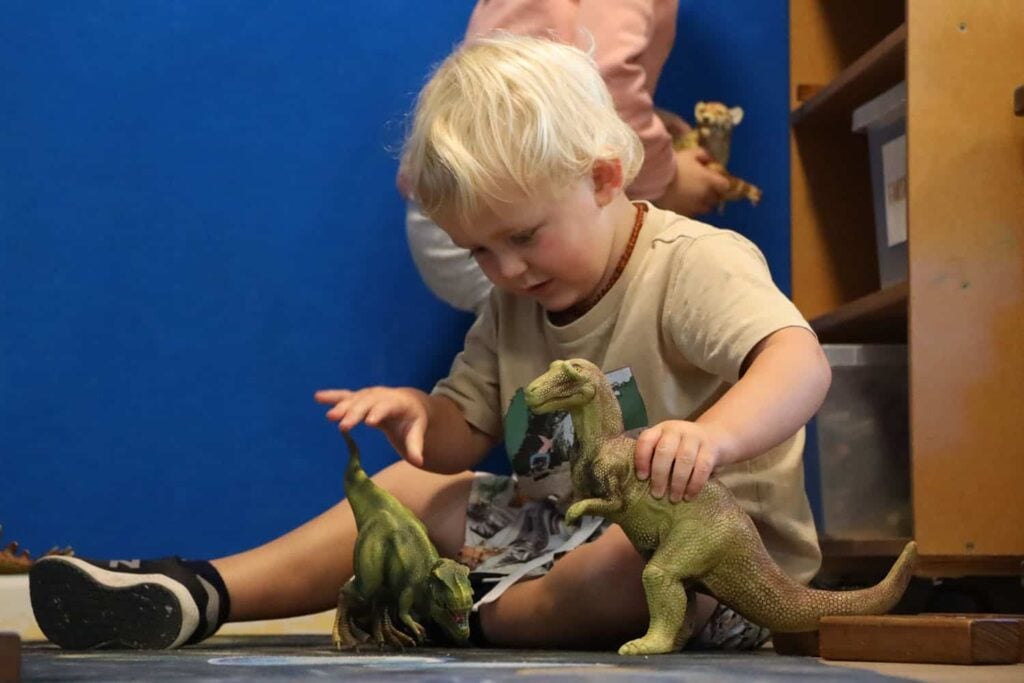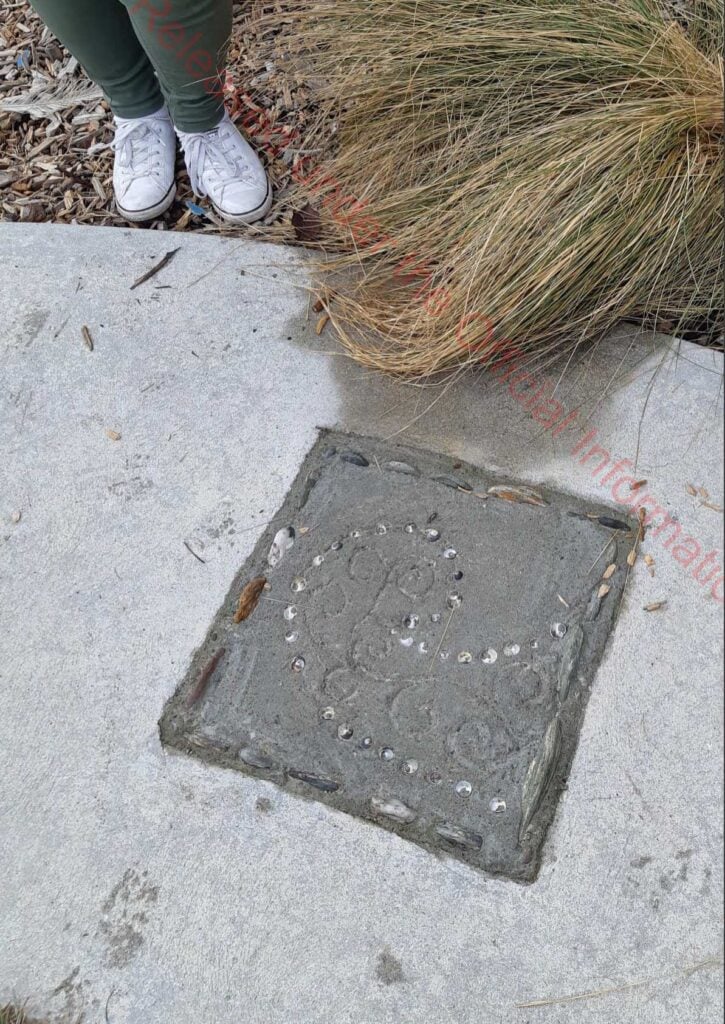Tēnā koutou katoa. We warmly welcome you to the OECE!
Office of Early Childhood Education – Te Tari Mātauranga Kōhungahunga
The OECE is a non-partisan membership organisation for the early childhood sector, championing high-quality education and care for every child.
We provide advice and information to the Ministry of Education, other relevant agencies, members of the ECE sector, and the public.
We have no ownership or financial interest in the delivery of early childhood education and care services.
The OECE:
- Supports members including ECE services, teachers, researchers, and community partners
- Operates New Zealand’s specialist ECE Newsroom
- Publishes the NZ–International Research in ECE Journal
- Actively contributes to sector analysis, research, and policy development
- Promotes evidence-based best practices that prioritise children’s interests and wellbeing
- Amplifies the voices of under-represented sector stakeholders, such as parents and male teachers
- Shares expertise with allied professionals and wider sector contributors
Examples of Feedback
Support No Other Organisation Provides
“Everyone else I reached out to simply advised that a ‘trauma’ policy—should we ever face a situation such as the death of a child—is not a licensing requirement. They had nothing to share beyond referring us to the emergency procedure. I truly appreciate OECE’s willingness to look deeper and provide meaningful guidance and assistance.” — Education and Care Centre Service Provider
“Sarah, thanks for this and for arranging for [OECE representative] to attend. It was a good meeting, and I appreciated the perspectives and contribution to the discussion.” — Government Agency Official
An Incredible Resource
“OECE membership has been an incredible resource for me as an ECE manager and for my team. We’ve gained access to quality information, guidance, templates, policies, parent surveys, and offers like free advertising to parents—and so much more. We can’t believe how you manage to keep the membership fee so low. You provide exceptional value for money.” — ECE Service Manager
Expert Knowledge Delivered in Plain Language
“The articles and learning we receive keep us inspired and informed about what’s happening in the wider sector that impacts us. We feel up-to-date and confident.” — Home-Based Coordinator
“This is the best explanation of the changes and how they’ll affect our daily work. Thank you, OECE, for such a thorough and accessible interpretation.” — Head Kindergarten Teacher
Our people
The OECE is led by a Chief Advisor and our office team includes a Communications Manager and executive assistants.
The NZIRECE Journal Editor and Board work with researchers to produce the NZ-International Research in ECE Journal. Guest editors are appointed from time to time for special journal issues.
Our Advisory Committee – is an independent oversight group, supporting the OECE by providing a sounding board and advice targeted to achieving better quality early childhood education and care for the benefit of children, their families and whānau, and ultimately for society. Our committee brings together diverse perspectives of stakeholders in the sector, including teachers, parents, academics, and health professionals. All early childhood services are recognised without bias, and this includes Home-based services, Kaupapa Māori (Bilingual/Language Immersion), Pasefika ECE services, Playcentre, and Hospital-based services.

Our positions on issues
Te Tiriti o Waitangi and Indigenous Rights
The OECE is guided by Te Tiriti o Waitangi and supports the UN Declaration on the Rights of Indigenous Peoples (2007). We acknowledge the principles of partnership, participation, and protection under Te Tiriti. We want to see progress in recognising and respecting the rights of Māori as the indigenous peoples of Aotearoa within the ECE sector and in policy..
The rights of children in ECE
The OECE supports the Code of Children’s Rights in Early Childhood Education, which is informed by the United Nations Convention on the Rights of the Child (1992) and the New Zealand Human Rights Act (1993). Our position is that every infant, toddler, and young child has rights, and this includes within ECE.
Group size and ratios
The OECE’s position is that group size needs to be regulated and adult to child ratios need to be set by ‘group’. We do not support the current ‘under the roof’ approach to calculating ratios. We advocate for secure attachments, supported by educator ratios of 1:3 for under 2-year-olds or 1:4 for under 3-year-olds and groups no bigger than 15 children. As best practice for children aged 3 years and older in long-day care (more than 2 – 3 hours) we advocate a ratio of 1:8 instead of the current 1:10 and groups no bigger than 32 children instead of the current default of licence maximum of 150 children. A small group size with sufficient adults for the needs and number of children are key elements in promoting children’s safety, children’s mental and physical health, children’s meta-cognitive development, tuakana-teina relationships in learning, accessing localised curriculum, and opportunities for risky play.
Qualified early childhood trained teachers
We believe it is essential for teachers counted towards adult:child ratios to hold a Teaching Council of Aotearoa NZ-approved qualification in early childhood education. International research shows that staff training in early childhood education and care is a key indicator of quality linked to improved child outcomes. In New Zealand, Meade et al (2012) report that early childhood qualified teachers “differ in their practice from untrained educators in their ability to relate theory to practice … Their specialised pedagogical knowledge is also apparent. Interactions with children and the children’s family/whānau are more effective. Overall, the qualified teachers provide evidence of superior quality of practice.” Study for an ECE teaching qualification includes fieldwork placements and demonstration of knowledge and understanding on such things as infant and young children’s development; theories of early learning; ECE curriculum content, planning and delivery; fostering partnership with parents, family and whānau; language acquisition; encouraging development of positive pro-social behaviours; team-teaching; and ECE regulations and requirements.
Children’s right to attend high-quality ECE and to free early childhood education
In Aotearoa NZ, children under the age of 5 years do not have a right to education (only children aged 5 to 16 have a right to free public education). The OECE’s position is that all children should have a guaranteed right to attend a local, publicly funded high-quality ECE service for at least 15 hours a week. This would require that parents are not obligated to pay any fees or use additional fee-paying hours for childcare. Children can gain the same benefits from attending as little as 12- 15 hours a week as they can from 30 hours or more. Conversely, too much time spent in an early childhood service can be harmful to children. Measures such as a high level of parental involvement in the programme can help to mitigate risks.
Involving parents and caregivers and engagement in learning
The OECE recognises parents as the natural and first educator of their children. It is important for services to involve parents in the programme and to participate in their child’s learning. What matters for child outcomes is not just what learning occurs for the child at the ECE service but the effects that participation in ECE has on children at home.
Men in ECE teaching
Men are largely absent from the early childhood teaching profession and the OECE’s position is that the current gender imbalance is unacceptable. We offer the Men in ECE Invitation Award. We advocate for the government to set a target of 10% ECE qualified male teachers in the ECE workforce before or by 2030. We also request that the Ministry of Education review teacher recruitment and retention and put in place policies that support incentivising services to engage male staff and subsidise access to field-based training.
Inclusion and diversity
The OECE advocates for policies and processes to remove barriers to inclusion for children and adults, including recognition of unconscious bias in employment practices and ensuring children have timely assessment and access to specialist support when needed. All children, regardless of disability and family characteristics, have a right to participate fully in the early childhood programme and have their care and learning needs met. Respect for children’s home languages and culture must underpin all policies, actions, and interactions. All parents/caregivers must be included and supported equally, including but not limited to fathers, LGBTQIA+ persons and persons of all ethnicities, cultures and languages. All people who work in ECE services must have equal access to opportunities and support, regardless of age, gender, ethnicities, cultures and languages, and disabilities (disabilities are not always able to be seen).
Breastfeeding Support
The OECE’s position on breastfeeding is that ECE services must provide breastfeeding-friendly environments and facilities. This needs to be included in the ECE regulations as a requirement for licensing, especially at centres that enrol children under 2 years old. Breastfeeding supports early brain development and assists infants to maintain better health in group ECE settings when exposed to a range of illnesses. The OECE provides a sample breastfeeding policy for ECE services, a breastfeeding-friendly childcare checklist, and has published research in this area.
Food safety and safe eating
The OECE advocates for an emphasis on food safety and safe eating in ECE services, to reduce health risks and the risks of choking on food and anaphylaxis. ECE service providers must be required to ensure that no staff has responsibility for children if they have not undertaken training on food safety and safe eating. Additionally, the Ministry of Education needs to provide more guidance around the selection of first aid providers that include ECE-specific training. Everyone responsible for children should be able to identify signs of anaphylaxis and choking (choking is different from gagging) and know the correct first aid to give.
Physical contact and touch
The OECE’s position on physical contact is that no-touch policies and practices have no place in ECE. We assert ‘relationship-based’ practices where children benefit from positive, loving interactions supported by nurturing touch, and it is essential that adults are responsive to children’s emotional needs. We advocate for physical contact between teachers and children when and as appropriate to support children’s mental and physical health, safety, and learning needs.
Teacher pay and conditions of work
The OECE got the ball rolling on pay parity with the first national meeting in July 2019. Since then, we formed a pay parity steering group and the government changed salary attestation to be based on the first step of the base salary scale for all teachers in state and state-integrated schools. This was later increased to the first six steps, and in Budget 2023 it was announced that teacher-led centre service providers could opt-in for funding at the same rate as kindergarten associations for pay parity on all KTCA pay steps. We advocate for all ECE service employed teachers who are ECE qualified and hold a current practising certificate to be paid on par with teachers in primary schools and to have good conditions of work.
ECE service conduct responsibilities
The OECE would like to see all ECE services adhering to professional and legal responsibilities to uphold children’s rights, comply with regulations and laws, demonstrate professionalism, accept accountability, and foster a climate of openness and transparency. These responsibilities are outlined in the Code of Conduct for Early Childhood Services.
Enforcement and monitoring of minimum standards
In our view, the Ministry of Education currently does not regularly monitor and properly enforce ECE service compliance with regulations and licensing criteria. The OECE’s position is that since the Ministry is the regulator it needs to be adequately resourced by the Government to regularly monitor and support all ECE services to always fully meet minimum standards..
ECE governance and management
The OECE’s position on governance and management is that licence holders, managers, and board/committee members need to be able to show they have a good understanding of the licensing criterion for professional practice and that service managers need to be required to demonstrate a sound knowledge of the roles and responsibilities outlined in the Education (Early Childhood Services) Regulations (2008), The Education & Training Act (2020), Children’s Act (2014), Health and Safety at Work Act (2015), Food Act 2014, and Privacy Act (2020). At present there is no requirement that those involved in providing governance and management must be able to show they fully understand their obligations to provide working conditions that support the teaching workforce and an acceptable standard of safety, education, and care of children.
Complaints system
A robust complaints system is important to ensure good practices in ECE services and to provide people with the right to complain and be listened to. We advocate for the Ministry of Education to conduct unannounced ‘on the spot’ checks and spend time observing the programme and practices and talking with a range of participants in the setting. We also advocate that details of the complaint and the outcome of investigation is made publicly available when the complaint is serious, so there is transparency and accountability for the Ministry of Education and the service concerned.




